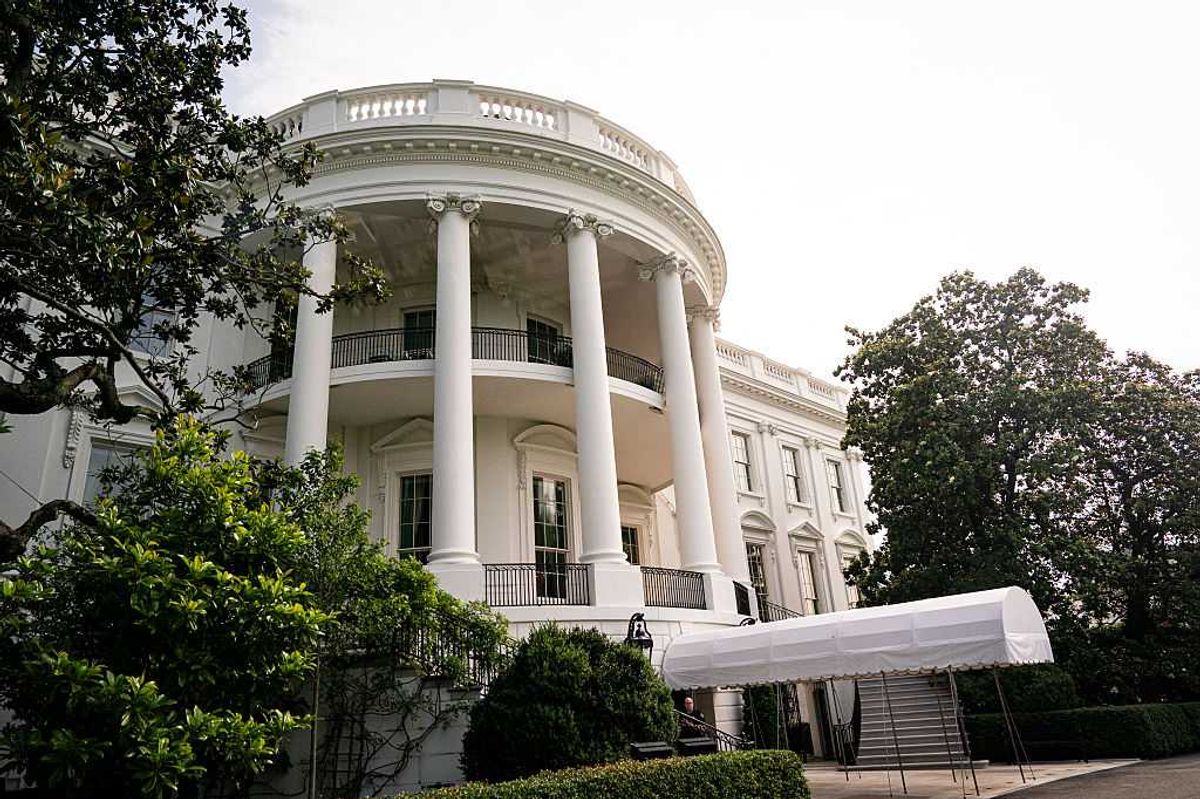Can someone’s motivations for cheating manifest into the kind of affair they’ll have?
According to research, there’s a correlation.
A recent study published in the Journal of Sex & Marital Therapy highlights how a person’s intentions for cheating can affect how the affair is played out,
PsyPost reported that researchers discovered that those who admitted to cheating out of a lack of love or resentment toward their partners had affairs that lasted longer and were more likely to end their primary relationship.
Those who cheated because of situational considerations like stress or alcohol had shorter and less sexually gratifying engagements.
While numerous studies have looked into infidelity, the majority have focused on cheating due to a bad relationship.
However, study authors Dylan Selterman, the University of Maryland Department of Psychology, and his colleagues note that people’s experiences with infidelity vary.
Sign up to our new free Indy100 weekly newsletter
They can be motivated by personal goals such as increasing one's self-esteem or seeking out a diverse sexual partner.
The researchers wanted to see if these various reasons for cheating were linked to certain feelings, behaviors, and outcomes during and after an affair.
The study included 495 people who had previously committed at least one act of adultery. The individuals filled out questionnaires about their motives for cheating, their actions throughout the affair, and the outcomes.
The researchers identified eight reasons for cheating. Indirectly, four were related to the primary relationship — anger towards one's primary partner, loss of love for one's primary spouse, lack of commitment to one's primary partner, and perceived neglect from one's primary partner.
Concerns about one's self-esteem, desire for more sexual partners, and want for more sex, as well as situational concerns like intoxication or stress, were also mentioned.

The results showed those cheaters motivated by a lack of love for their partner had more emotionally, intellectually, and sexually rewarding affairs.
Affairs motivated by lack of love, sexual variety, or self-esteem lasted longer and featured more public shows of affection. On the other hand, situational affairs tended to be shorter, less public, less sexually, emotionally, and intellectually gratifying.
Cheating motivations were linked to whether or not the primary relationship lasted. Those who admitted to cheating out of rage or lack of commitment were more likely to end up alone following the affair.
Others who cheated on purpose were less likely to end their original relationships.
The deficit hypothesis of adultery states that cheating occurs due to unfulfilling relationships, including lack of dates, public displays affection, and uttering “I love you,” for example.
But not all affairs are the same.
“The specifics of the affair can be linked with the motivation to have an affair in the first place,” Selterman told PsyPost.
Selterman and the team further shed light on people feeling shortcomings in their central relationships as they “may be seeking a deeper quality of romantic connection or intimacy” in affairs to supplement how they think about their ‘primary partners.”
People who cheated with anger were more inclined to confess to their partners, whilst those less angry were more likely to keep it hidden. A lower level of sexual desire and diversity was also linked to a higher risk of confessing.
Ultimately, Selterman and his colleagues continue to express that infidelity experiences differ from relationship to relationship. So recognising the intricacies are vital to understanding situations.














